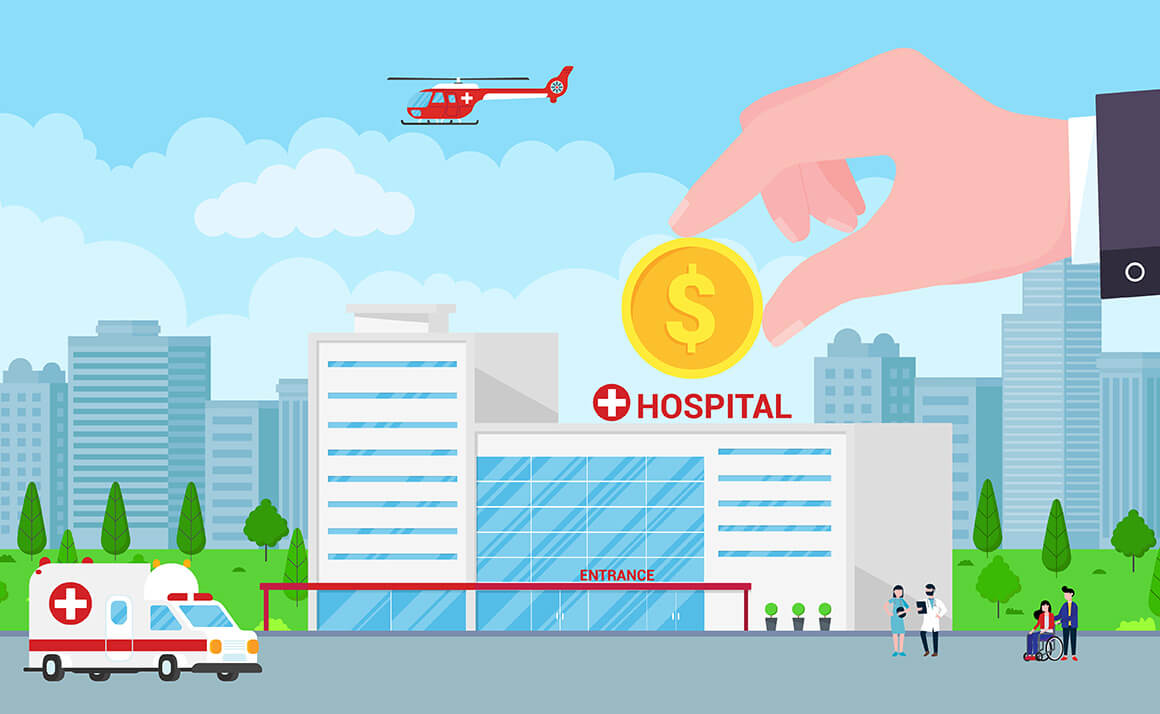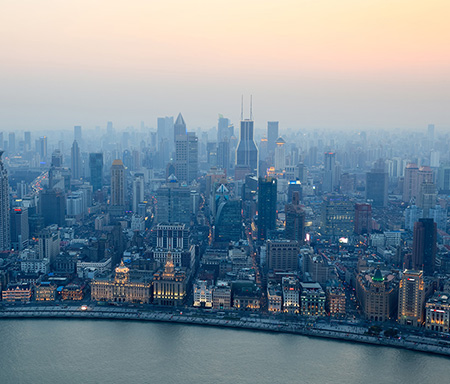
Healthcare real estate shows increasing vitality
Ageing populations and increasing wealth around the region mean more investors are considering healthcare real estate.
With real estate yields at cyclical or even historic lows in many markets in the Asia Pacific region, investors are looking to assets with a strong operating component to deliver returns.
Healthcare is a broad area, but for the purposes of this article, we will consider investments in hospitals and clinics, rather than senior living facilities. There is of course crossover, as some senior living facilities provide high levels of care and therefore the business model is more akin to a hospital than a specialised residential facility.
The APREA/GPR Indices for Asia Pacific real estate securities show healthcare stocks have outperformed over the past eight years although performance dipped in 2018. Healthcare stocks produced average five-year returns of 9.4%, compared with 2.1% for office and 7.8% for retail property companies and real estate investment trusts.
The two most established investment vehicles for healthcare assets in the region are Singapore REITS Parkway Life REIT, which owns S$1.86bn of healthcare assets in Japan, Singapore and Malaysia, and First REIT, which owns S$1.35bn of hospitals and nursing homes in Singapore, Indonesia and South Korea. Both Singapore REITs have the advantage of sponsors which develop hospitals.
Parkway Life’s portfolio of 50 assets has an average weighted lease term of more than seven years but more than half of its asset value comes from its three Singapore hospitals. The REIT has a master lease agreement with the operator of the hospitals on a 15 + 15 year lease term, with CPI+1% annual rental increases, thus offering steady long-term income.
The Asian markets with the most untapped potential are Japan and China. Japan ticks the boxes of prosperity, a rapidly ageing population and the possibilities of scale. By 2025 it is expected to have 22m people above the age of 75.
Tetsuya Kaneko, head of research and strategy at Savills Japan, says: “Japanese hospitals remain a largely untapped market for real estate investors, though interest is growing, with the first J-REIT acquisition occurring in November 2017.”
One obstacle is that most Japanese hospitals are owned by their operator and many of these operators are owned by a single doctor, who gains tax benefits from owning the real estate. However, with increasing demand and the need to upgrade Japan’s hospital stock, more opportunities to buy are set to emerge.
“Hospital operators will need to finance costly reconstructions and other capital expenditures in order stay competitive. The option of dispositions to large, stable asset owners such as REITs could lead to a wave of new opportunities in the market,” says Kaneko.
More than any other market, China offers scale, as the government seeks to upgrade healthcare provision for its 1.4bn citizens. Some international healthcare operators have set up shop there, such as Raffles Medical Group, which opened its first China hospital in Chongqing earlier this year. Raffles is both owner and operator of the hospital.
Dr Loo Choon Yong, executive chairman of Raffles Medical Group, says China presents more opportunities for the group to expand into other cities as it liberalises its healthcare market. “They are now more used to international hospitals operating. The rules are becoming clearer and, therefore, it will be easier.”
Raffles will open a second hospital in Shanghai this year; a key part of its strategy is to appeal to foreigners in China, as well as wealthy locals. Loo notes that many expats in China come to Singapore for hospital care at present.
Healthcare real estate need not be limited to purpose-built facilities. Shopping centre landlords are turning to healthcare businesses – from dental clinics to cosmetic surgery consultants – as tenants.
Simon Smith, head of Asia Pacific research at Savills, says: “Real estate investors in healthcare will need to find a strong operating partner, but with the right partnerships it can be a long-term institutional product, akin to hotels. Asia Pacific is unique in that it offers a range of opportunities, in both developed and emerging markets and across a broad range of healthcare businesses.”
Further reading:
Savills Japan Research – Healthcare
Contact Us:
Tetsuya Kaneko | Simon Smith


